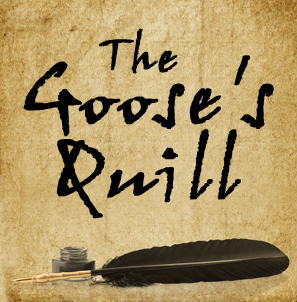I’ve written before about the creative slump I’ve been in since my child was born 3 years ago. All the long-form works I’ve put out since then have been projects I began before her birth. In most cases, the entire first draft had been done prior to her arrival.
Truthfully, the complete lack of creative drive and new ideas scared me. It felt like something inside me had died, and that’s a pretty permanent feeling. I had this secret fear that I would never have another idea for any other novel for the rest of my life. But I slogged along, hoping that somehow the spark would rekindle.
I did all I could to stoke the fire. I took workshops, I went to conferences, I blogged, I read, I began writing short stories, I hung out with really cool fellow writers. I kept writing—even if it wasn’t very good. Most of the time I felt like I was getting nowhere really, really fast.
But then a strange thing happened. I went to the 2013 Philadelphia Writer’s Conference—and came away with stirrings I hadn’t felt in close to 3 years. Whispers of the Muse. Sparks. Nothing concrete, but a sign that all hope was not lost.
The fire burst forth in full conflagration just a few weeks ago. I had a long day of driving ahead of me. Usually, I love this alone time and don’t even turn on the radio. With a curious 3-year-old around, quiet is something I rarely have, so I find solo drives soothing. But with over 4 hours on the road, I knew I wanted some music this time.
So I stocked the CD player with songs I hadn’t listened to in years—songs that have a strong writing connotation for me. Songs that evoke particular stories I’ve written, characters I’ve created, and worlds I’ve imagined. Songs that take me back to a time long before marriage and child, and even before adulthood. A time when creativity geysered out of my brain.
And a new novel was born.
By the time I got home, the characters, the world, the backstory—all of it—glowed there in my mind, longing to break free. I jotted notes and reveled in the whirling dance. Although I can’t jump in with both feet right now (trying to finish another project on a deadline), my shiny new object is waiting for me like a reward. Just knowing it is there makes me giddy.
This new novel has a long way to go before it becomes anything, but I have not been in this stage of creation for so long that I had forgotten the elation of it. While I am certain the sleep deprivation and motherhood will make my creative process less than smooth, I am once more standing at the start of a new adventure.
And it feels amazing.
Have you ever lost your writing mojo? How did you get it back?

